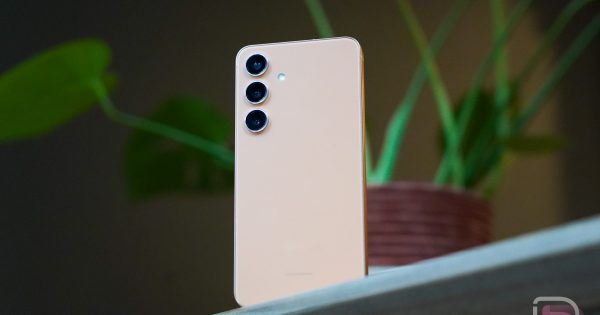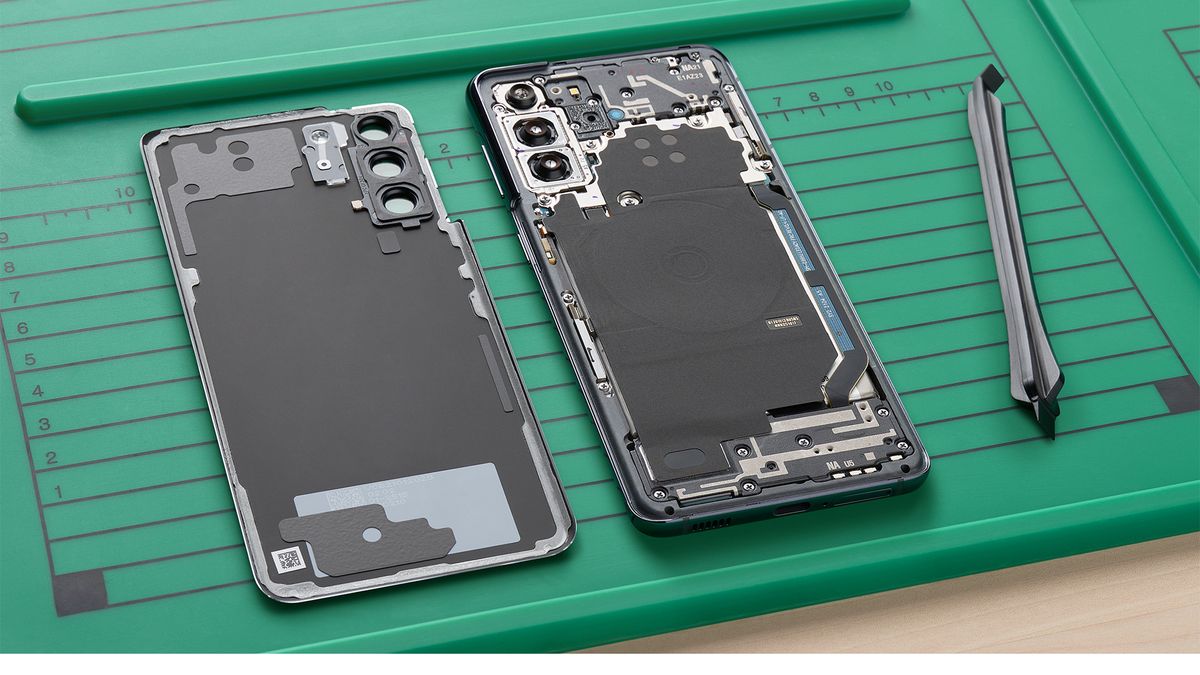
iFixit, a leading advocate for repairability and self-repair, has recently announced the end of its partnership with Samsung. The collaboration, which aimed to make repair more accessible for Galaxy devices, has faced numerous obstacles that have led iFixit to question Samsung's commitment to this cause.
According to iFixit Operations and Logistics Supervisor Scott Head, the high costs associated with obtaining parts from Samsung and the design of their devices made it difficult for local repair shops to make a profit. The part prices were so expensive that many consumers opted to replace their devices instead of repairing them.
Furthermore, Samsung's Galaxy devices have been criticized for being glued together, forcing iFixit to sell batteries and screens in pre-glued bundles which increased the cost. This issue has made it difficult for iFixit to deliver on its promise of building a repair-friendly ecosystem.
Despite their best efforts, iFixit was unable to collaborate directly with Samsung to develop new manuals or create repair documentation for their devices. The partnership officially ends on June 17, but iFixit will continue to sell kits and parts for Samsung devices.
Samsung's approach towards repairability has been a point of contention between the two entities. In an interview with The Verge, iFixit CEO Kyle Wiens expressed his doubts about Samsung's commitment to allowing customers to repair their devices at scale. This could be due in part to the fact that stock prices don't go up when consumers choose the more sustainable option of fixing their devices instead of purchasing new ones.
Samsung is also reportedly requiring customer data from repair shops that sell official replacement parts and trying to crack down on the use of unofficial parts. This has raised concerns about privacy and accessibility in the repair industry.
The end of this partnership marks a significant shift in the landscape of self-repair for Samsung devices. iFixit will continue to expand its Repair Hubs with existing partners, launch more parts for a broader range of devices, release repairability scorecards for different device categories, and partner with third-party point-of-sale providers to make accessing repair content easier.
The importance of independent repair businesses in the economy cannot be overstated. However, monopolization has driven many of these businesses out of the market by blocking access to essential parts and tools. iFixit's goal remains to make repairability easy and accessible for all, regardless of partnership status with manufacturers like Samsung.



